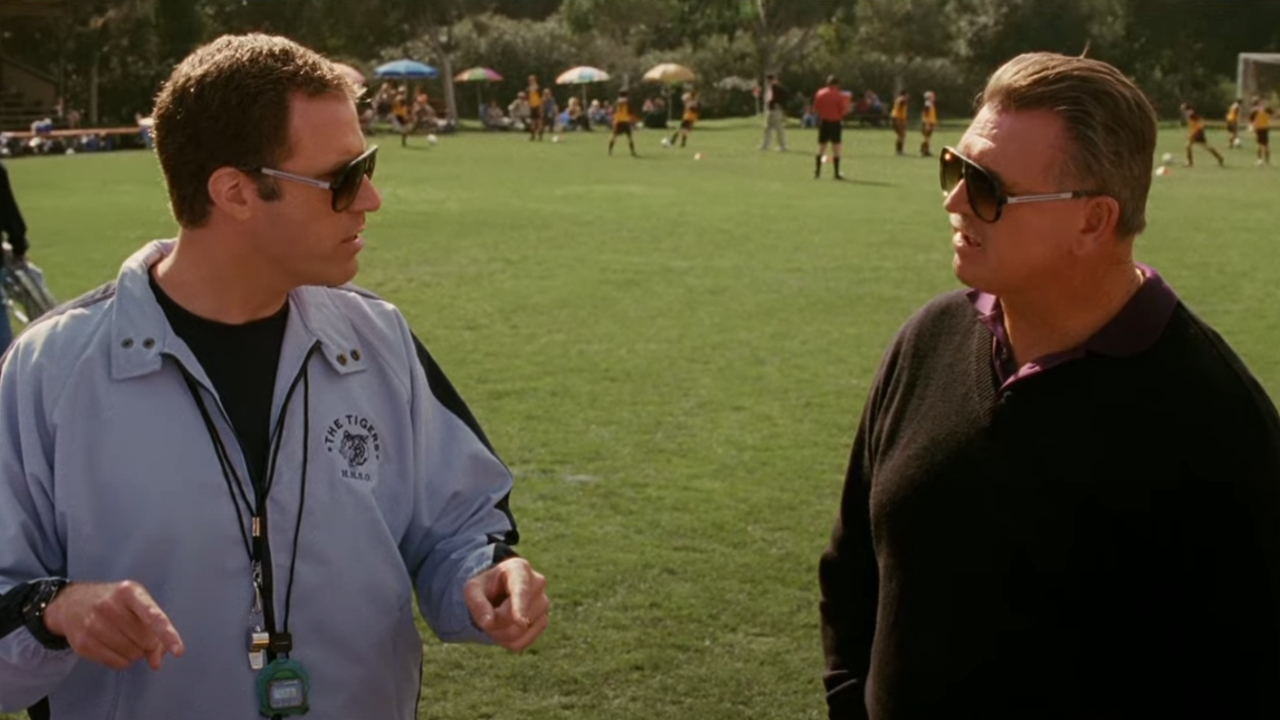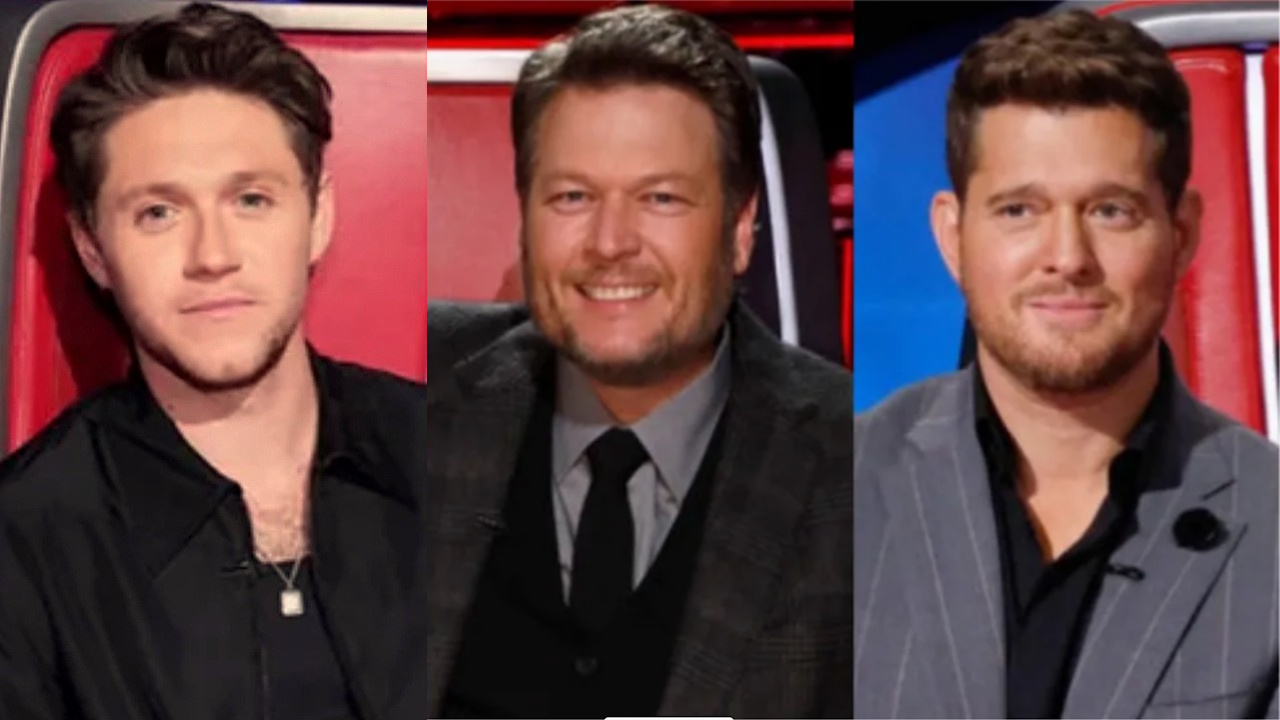Interview: Greenberg Director Noah Baumbach

Noah Baumbach kicked off his directing career with a film called Kicking and Screaming in 1995, but it wasn’t until he teamed up with Wes Anderson to co-write The Life Aquatic with Steve Zissou that he began to assume a more prominent position in filmmaking. From there he wrote and directed The Squid and the Whale and, most recently, reunited with Anderson to pen the script for Fantastic Mr. Fox. And now here we are with Greenberg.
You know how (500) Days of Summer was touted as ‘not a love story?’ Well Greenberg is even more atypical than that. Ben Stiller stars as the titular character, a guy from New York who heads out to Los Angeles to housesit while his brother and his family vacation in Vietnam. (Yeah, Vietnam.) While there he reunites with a former pal, Ivan (Rhys Ifans) and takes some time to recover from a recent nervous breakdown. But that’s not all he does in LA. He also befriends his brother’s assistant, Florence (Greta Gerwig). The two strike up a romantic relationship – if you can even call it that – and canoodle while sorting through each other’s idiosyncrasies.
Check out what Baumbach had to say about this strange yet endearing amalgamation of romance, drama and comedy.
Where’d the idea for this story come from?
I don’t know exactly. The notion of this character was a character I had written versions of in the past in fragments. I’d written a play that had a character that had some similarities to Greenberg. The character Florence also was a woman I felt I knew a lot in life, but I hadn’t really seen in movies and then I had Los Angeles. Those really were the three elements that I went about exploring and over a period of time and with Jennifer [Jason Leigh]’s input and collaboration it sort of shaped itself.
This film is heavily dependent on the two main characters, both of whom are very complex. How’d you go about casting them?
Yeah, it’s one of those things I knew I would know it when I saw it, but that said, there weren’t many people besides Ben who I could think of for Greenberg. But, there’s always a transition for me when I’m writing. I tend to imagine these people exist somewhere for real on the planet and then the transition is starting then to think of actual actors playing them and there’s a point that after casting where I kind of hand the parts off to these actors they take ownership.
Your Daily Blend of Entertainment News
So where’d you find Greta? I know she’s done a number of small films, but the only thing I’ve seen her in is House of the Devil and that film is drastically different from this.
Yeah, I’d seen her in a few little movies and found something totally unique and special about her. My only question was could she do scripted material because the movies were all heavily improvised. So Jennifer and I auditioned her at our apartment. We had her come over and we planned to have her read a couple scenes but she was so good we had her read the whole script and it was really instant. I felt like she understood this character in a way that was kind of uncanny.
You never reveal it in the film, but did you ever pinpoint the reason Greenberg was in the mental hospital when developing the story?
I had ideas, but I didn’t – I never got too specific. It’s something also Ben and I talked about too. But, yeah, I had ideas.

Much of the emotion comes from the film’s ability to make the audience very uncomfortable. The whole idea of not knowing further enhances that.
Well, he’s also a character who has trouble revealing things about himself, so in a way, the audience is in a similar position to a lot of the people around Greenberg.
Was the chemistry between Ben and Greta instant?
Well, I suppose it was. It’s interesting because it’s an interesting kind of chemistry because they’re not people who necessarily click right away. In the early stage of the movie they’re kind of occupying the same space but not fully communicating. So, as actors I think there was a real chemistry. The rhythms and the ways the scenes played very early on felt very authentic, but I’m not sure it’s the kind of traditional screen chemistry the way we tend to think about it.
The last thing I saw Rhys Ifans in was Pirate Radio and that’s also a very different type of film.
Rhys, he has this as a person, but he also can convey it as an actor: there can be real sweetness to him and I wanted that about Ivan. I wanted Ivan to be someone you really – a gentleness in him that Rhys has. But at the same time Rhys has the look of experience of somebody who has lived and life hasn’t always been easy. When Rhys and I were first talking about it, I’d written the part as America, but there’s something I connected to in Rhys that I felt like I wanted it to be something he played close to himself. I wanted him to use his real voice so there wasn’t a barrier between him and the character in that way.
There were some pretty intense and often awkward sex scenes involving Ben and Greta. Was that strange to film? Is that what you were going for?
No, I was going for hot Cinemax, soft-core porno [Laughs]. No, I guess I was looking to do kind of realistic sex but between two people who are quite awkward about it. They’re more clinical to shoot because you have to – they don’t play as awkwardly when you’re actually there. I tried to bring only the essential people on set, the people who have to be there. You try to clear the set as much as you can so they feel as alone as possible. But they play differently than they actually are when you’re shooting them.
Staff Writer for CinemaBlend.

